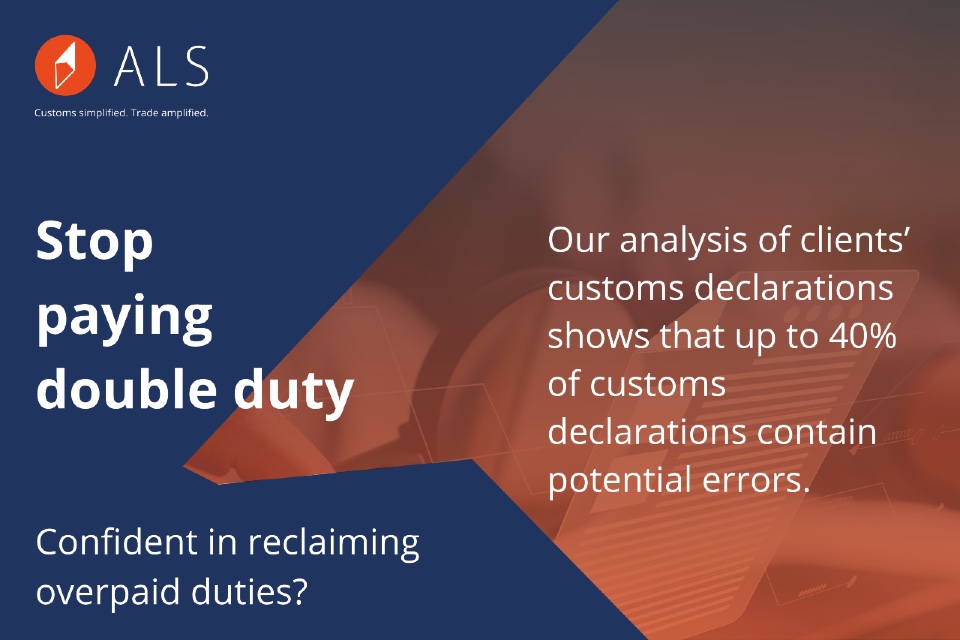The United Kingdom’s departure from the European Union created regulatory challenges, particularly in veterinary standards. In 2020, whilst EU Commission Vice-President Maroš Šefčovič proposed an equivalence agreement on veterinary safety standards, it was rejected by the UK due to concerns over European Court of Justice (ECJ) jurisdiction.
With the UK-EU Summit in 2025 offering a potential opportunity to revisit discussions, and the Trade and Cooperation Agreement due for re-negotiation in 2026, stakeholders in the agri-food sector anticipate renewed dialogue on sanitary and phytosanitary (SPS) agreements.
The UK retained EU SPS controls under regulations such as Commission Implementing Regulation (EU) 2019/2007 and Regulation (EU) 2017/625 through The Official Controls (Animals, Feed and Food) (Amendment) (EU Exit) Regulations 2020. However, Brexit introduced significant trade friction and costs. The EU now enforces export health certificates, establishment approvals in TRACES, and Border Control Post (BCP) inspections on UK products of animal origin (POAO). These measures caused a 2021 decline in UK exports of POAO from £4.83 billion (2019) to £3.95 billion, though exports have since rebounded to £4.81 billion.
The UK implemented its Border Target Operating Model (BTOM) cautiously, making SPS controls fully operational from April 2024. The phased rollout imposed costs on importers, including common user charges (£10–£145 per consignment) and inspection fees at Border Control Posts (BCP) such as Ashford (£66 per Common Health Entry Document) which is the pivotal inspection post for imports that enter via Dover/Eurotunnel. Allianz Trade have estimated that these measures will increase inflation by 0.15 percentage points and cost importers £2 billion annually.
SPS Agreement Opportunities
An SPS agreement could reduce border inspections and trade costs, benefiting exporters and importers while preserving biosecurity. The UK’s forthcoming Industrial and Trade Strategy: Invest 2035 may signal willingness to explore this. Alignment with post-Brexit updates to the EU legislation, including the General Food Law Regulation (Regulation (EC) No 178/2002) and Animal Health Law (Regulation (EU) 2016/429), would likely be necessary.
Challenges of Legal Alignment
To harmonise standards, the UK may need to update residue monitoring laws and inspection protocols, recognize EU-approved establishments, and adopt dynamic alignment mechanisms. Dispute resolution remains contentious, with the EU favouring ECJ oversight and the UK advocating arbitration.
While alignment would simplify UK-EU trade, it could restrict the UK’s regulatory independence, complicating trade deals with nations that prioritise lower SPS standards. The recent outbreak of foot-and-mouth disease in Germany highlights the need for robust SPS systems to balance biosecurity with trade facilitation.
Ultimately, a carefully negotiated SPS agreement would be welcomed by the UK’s agri-food sector, and could foster trade on the basis of maintaining high safety standards.
For more information about Alinea Customs and its services, visit www.alineacustoms.com.
Image credit: Crown Copyright, Picture by Lauren Hurley No 10 Downing Street







